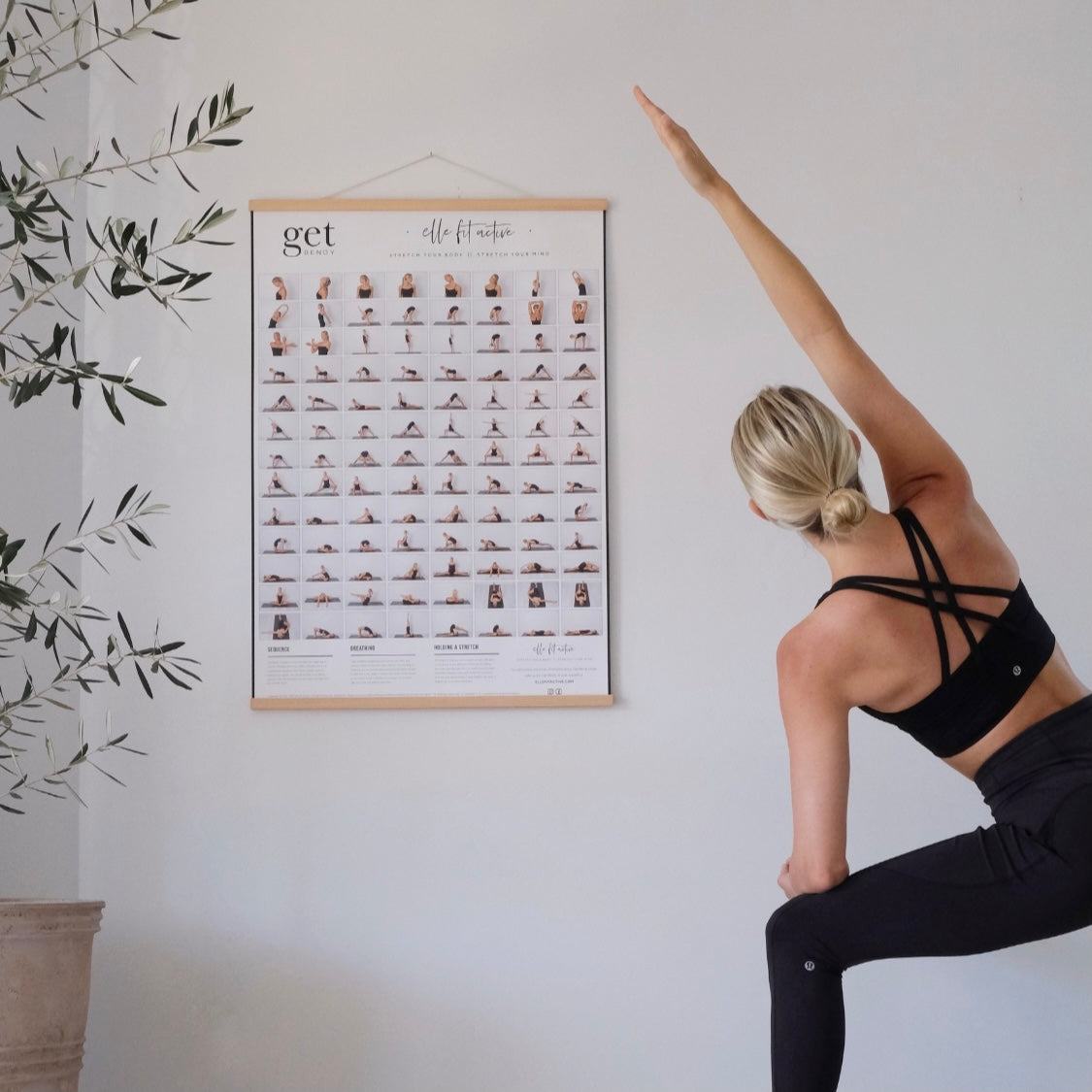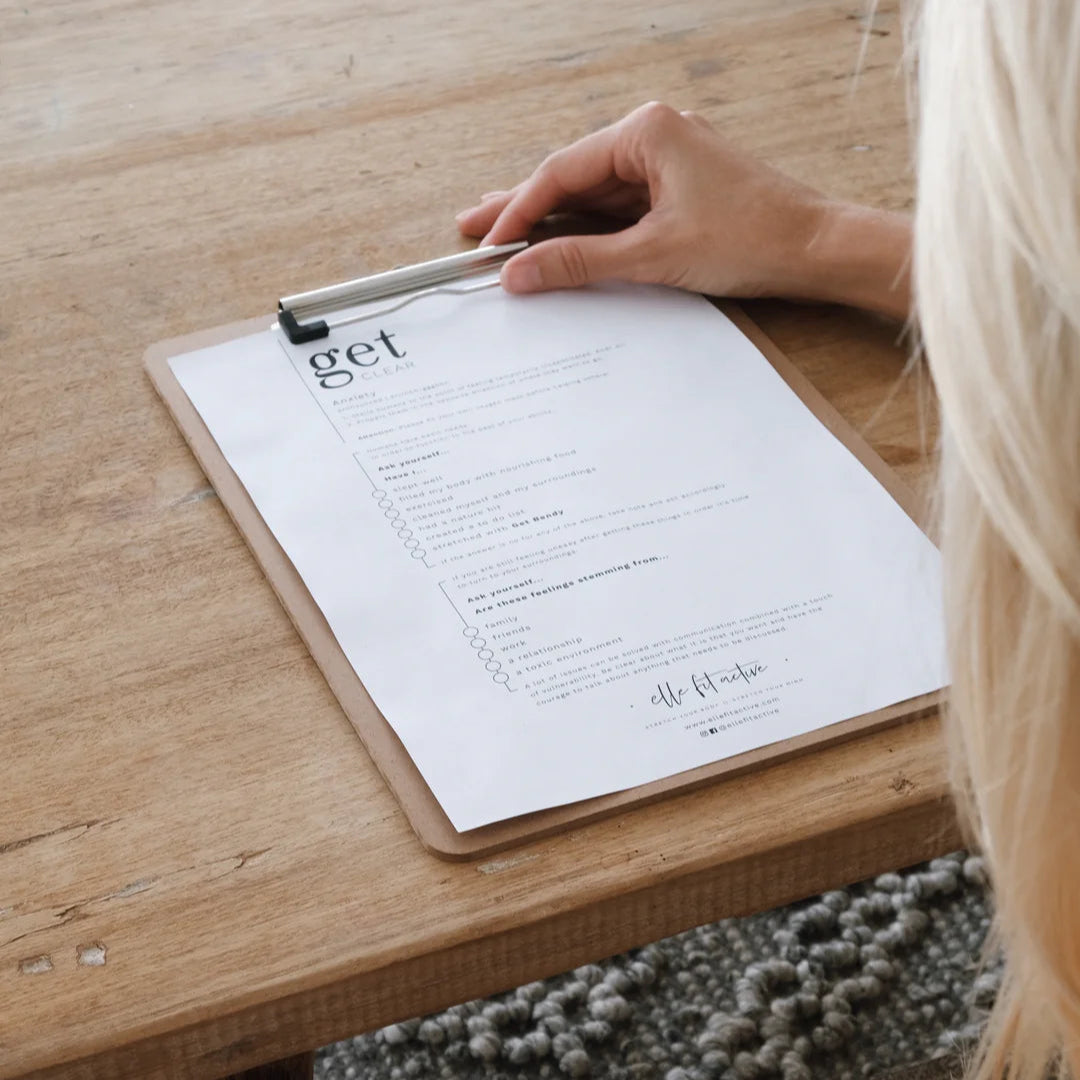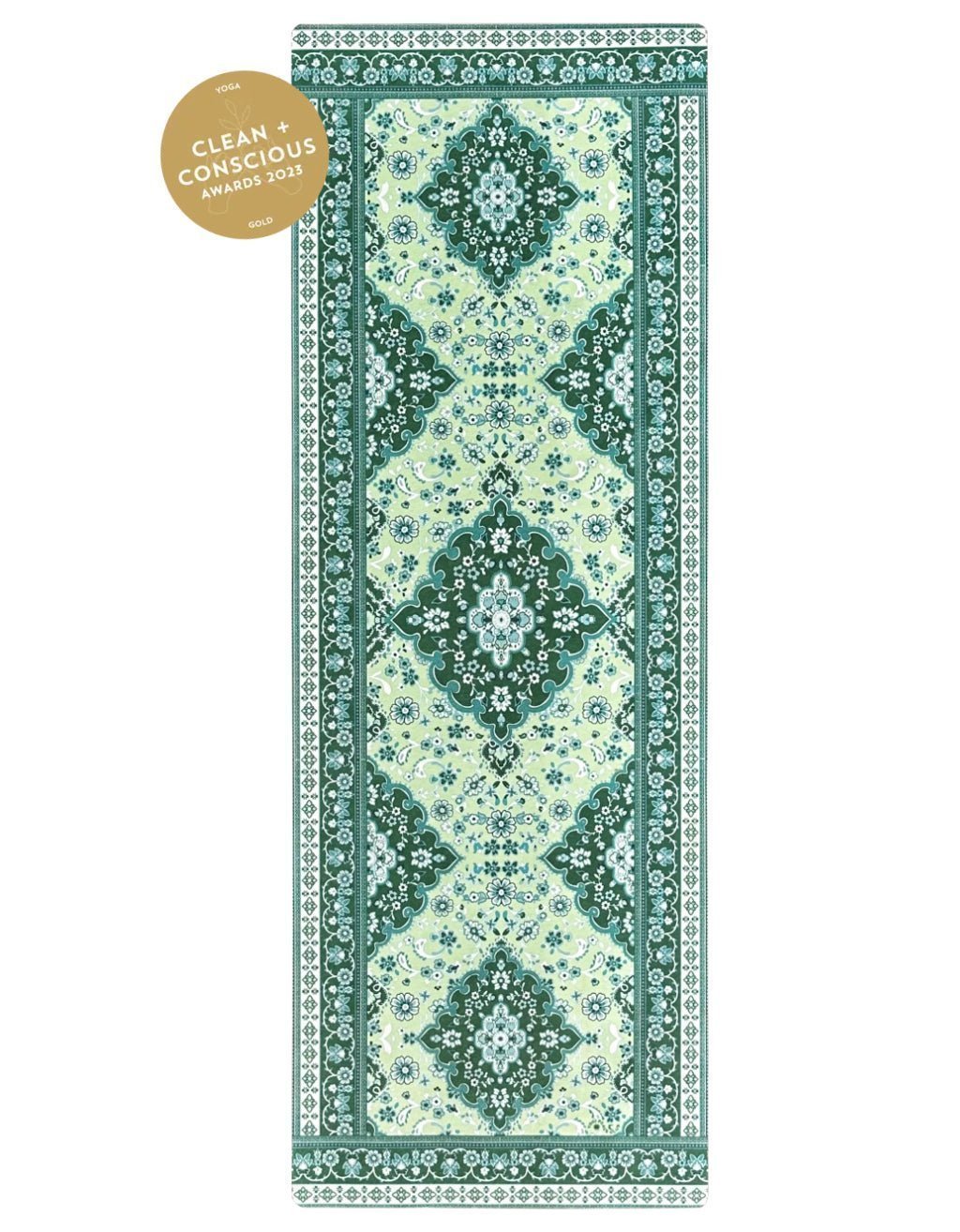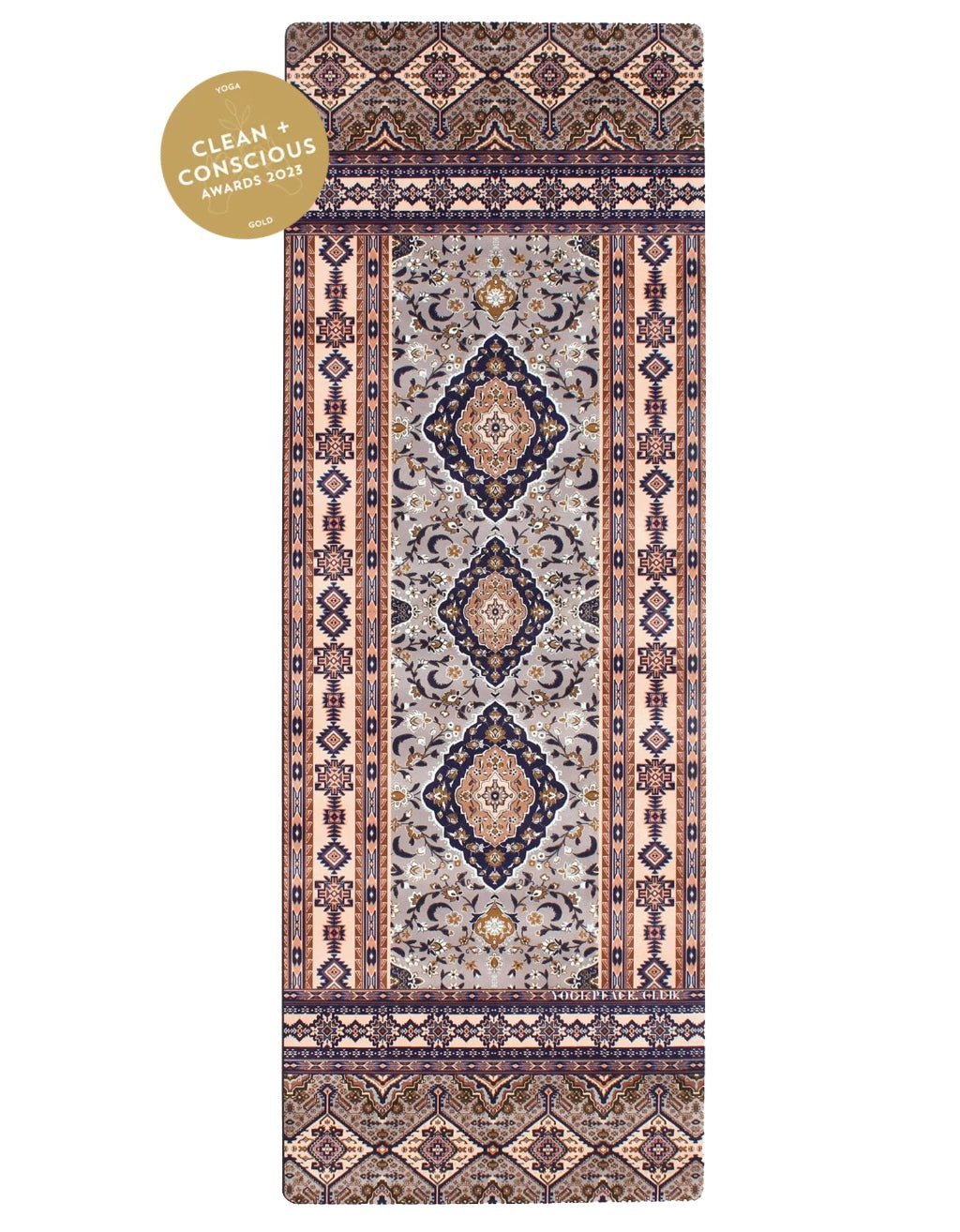ECZEMA & PSORIASIS - HOW WE CAN HELP IT!
When COVID19 "The Rona" started to unravel around the world, a lot of people were mentioning that their skin was breaking out, myself included. Not just pimples or acne but eczema and psoriasis too - oh, what fun! Especially for Aussies going into winter.
Over the years I have learnt just how important it is to take a holistic approach to our health.
Chronic fatigue demands that you go through absolutely every area of your life with a fine tooth comb, and trust me, I have. The pay off? Becoming incredibly in tune with my body and healing myself of what first appeared to be extremely complex health issues.
Over the years I have done a lot of work and can now happily say my gut is the best it has ever been, no more digestive issues, no more fatigue and my blood results are in tip top shape! So if you're not there yet, hold onto hope. It can take some time but it's worth hanging in there and you will learn so much along the way.
A reminder:
Every system in our body is connected.
When our skin breaks out - don't shoot the messenger.
It is important to dig deeper and analyse what our body might be telling us.
Stress, a change of routine, dietary changes, and you know, a global pandemic, can take a huge toll on our body - whether we are consciously aware of it or not.
It can be hard to experience skin problems whilst simultaneously sending them love, but I find anytime my body starts showing a sign it's a great opportunity to slow down and wonder how I might be able to help it.
My holistic nutritionist Alyse Co-Cliff has helped me so much over the years! She has also helped a lot of you - because I recommend her to everyone ;).
When I noticed that so many people were experiencing flare ups either with acne, eczema or psoriasis, Alyse reached out and we decided to do a bit of a Q & A to help you.
We have gathered your questions up and categorised them the best we can.
Alyse covers what the conditions are, what causes them, what might trigger a flare up, what foods to include and avoid, the relevance of food intolerances, lifestyle factors, steroid creams, and how a nutritionist can help.
Enjoy!
If you have any questions or helpful tips to share, please leave a comment at the end!
Love, Elle :)
If you'd like to chat with Alyse further you can book an appointment with her here.
Over to Alyse...
WHAT IS ECZEMA?
Eczema (AKA atopic dermatitis) is a label used to describe superficial inflammation of the skin. Whilst it can onset at any age, eczema typically starts in childhood.
Symptoms can include:
- Redness
- Dryness
- Pain
- Skin erosions, crusting, scaling and exfoliation
- Thickening and hardening of the skin.
Whilst much of the body can be affected, children most commonly present with eczema on the inside of knees and elbow joints and adults commonly show symptoms on the hands and feet.
WHAT IS PSORIASIS?
Psoriasis is an inherited autoimmune skin disorder characterised by chronic inflammation, hyperplasia and hyperkeratosis (skin thickening).
There are many subtypes of psoriasis however, the most common subtype – plaque psoriasis, generally presents on the scalp, trunk and limbs as a red, thickened plaque, covered with a fine silver scales and a clear boundary.
WHAT CAUSES ECZEMA / DERMATITIS?
In the medical literature, the exact cause remains unknown however, they believe it is linked to a number of factors including:
- Genetics – A family history of an atopic disease may increase your risk.
- Immune System dysfunction (common in my clinic)
- Intestinal dysbiosis (very common in my clinic)
- Candida overgrowth (common in my clinic)
- Food Allergies – Eczema has been linked to coeliac disease
- Emotional influences – sadness and of course STRESS (very common in my clinic)
- Environmental exposure – topical drugs, plants, cosmetics, metal compounds, detergents, chemicals, latex, wool, synthetic fibres, mineral oils, excessive water, heat, sweating and of course… repeated hand washing (especially common in contact dermatitis).
As such, triggers can be different throughout friends groups and families hence it’s important to treat your case individually.
WHAT CAUSES PSORIASIS?
As with Eczema, there are a number of triggers can be linked to the onset of the disease:
- Genetic predisposition
- Digestion – Incomplete protein digestion, bowel toxaemia, impaired liver/hepatic function, dysbiosis, poor gut health
- Emotional stress
- Alcohol – can elevate histamine levels and aggravate psoriasis
- Epidermal (skin) trauma
- Sunburn
- Infection
- Gluten & associated damage
- Viral infections
- Medications (including anti-inflammatory drugs)
WHY DOES MY EZCEMA / DERMATITIS FLARE?
In some cases it may be easy to identify your triggers, for instance – high stress and repeated hand washing, however others can find it difficult to pin point the known cause. As such, it’s important to book an appointment with a qualified and experienced health practitioner to help you manage your case individually.
Given the nature of my work, I often see Eczema/Dermatitis linked to stress, a dysbiosis of the gut microbiome, poor gut health and poor dietary choices however; each case is different and needs to be managed accordingly.
WHAT FOODS CAN HELP MANAGE A FLARE?
Within my practice I’m always encouraging my patients to practice proactive eating rather than reactive eating (i.e. eating the right foods most of the time, instead of eating the right foods during a flare) so eating a good diet all year round is recommended.
When it comes to breaking down a good diet, again, this is always specific to the individual and of course their gut health (poor gut health can translate into a number of intolerances), but the following foods may help:
- Organic fresh fruit and vegetables - they are high in a number of nutrients including vitamins (including vitamin C) and bioflavonoids important for managing oxidation.
- Oily fish – Oily fish are a wonderful source of omega 3 – a natural anti-inflammatory as well as Vitamin A & Vitamin D also linked to good skin health. Try to avoid canned fish regularly – fresh, wild-caught is best :)
- Clean lean proteins – a great source of iron, niacin, selenium, vitamin C and Zinc all required for a healthy immune system and skin healing.
- Whole grains – opting for whole grains over refined grains means we have access to a wider range of dietary fibre. Fibre helps improve your gut microbiome :) I recommend whole grains like rice, quinoa, oats.
- Nuts and Seeds – Eating a wide range of nuts and seeds will mean you have access to a wider range of minerals. Consider including pumpkin seeds - a great source of Zinc, Brazil nuts – a great source of selenium and other foods like almonds, sunflower seeds to boost your intake of Vitamin E. Unsalted and unroasted is preferred.
- Filtered water
As to what foods you should be eating more/less of, would depend on your current diet, gut health, co-existing conditions and nutrient status. It really does come down to the individual.
Foods you’d want to avoid include:
- Conventional dairy – especially low-fat varieties
- Processed and packaged foods
- Fried foods
- Any food that causes an allergic reaction (however, this is specific to the individual).
CAN IT BE DRIVEN BY FOOD INTOLERANCES?
The research links food allergies to eczema/dermatitis but the research on food intolerances is rare. I believe this is because the onset of both food intolerances and dermatitis are linked to the same triggers - increased stress, poor digestion and gut dysbiosis. A combination of these three triggers results in inflammation – where some individuals see it locally (i.e. gut bloating) and others see it manifest in the skin.
In my clinic I’m always encouraging my patients to look beyond intolerances. They’re part of a bigger picture and simply cutting them out of your life may mean the terrain (responsible for so much more than just digestion), stays inflamed for a long period of time.
WHAT LIFESTYLE FACTORS CAN HELP?
- Getting outside and catching some responsible vitamin D. Vitamin D may have an anti-inflammatory and immunomodulation effect.
- Practicing daily “me time” whether that’s doing Elle’s Get Bendy guide, relaxing with a book, puzzle, movie, time at the beach. Scheduling in some down-time (which this recent lock-down has been great for!).
- If you’re struggling with stress and anxiety, I recommend speaking with a professional to help you get on top of this. There is absolutely no reason why you need to carry this around daily.
DO YOU RECOMMEND ANY PRODUCTS?
For eczema / dermatitis:
I recommend MooGoo products to apply topically. They tend to help provide some temporary relief whilst we work on uncovering the root cause.
For psoriasis:
Again, MooGoo products are great. They can be less effective in psoriasis cases, but they’re definitely worth a try whilst you address the root cause.
Castor Oil:
Whilst there is anecdotal evidence (personal evidence/testimonials) to suggest that this may help, there are no scientific studies that have unpacked this in detail.
Some castor oil can have anti-inflammatory properties, which may help topically in some cases. Castor oil is also used to promote detoxification when placed over the liver (please don’t try this without supervision), which also may help.
Whilst castor oil is considered safe to apply to the skin, I’d recommend speaking with a practitioner before you ventured down this path :).
IS IT A LIFETIME DIAGNOSIS?
The literature states that some people may have to deal with this condition for life, however I wouldn’t give up that easy, there’s LOTS that can be done from a holistic perspective – including, but not limited to managing your microbiome properly :).
WHAT DO I DO IF STEROID CREAMS AREN’T WORKING?
Without a case history, my first thoughts would be that you’re failing to address the underlying cause of inflammation. It sounds like it’s coming from a deeper level – I’d be closely examining your microbiome – healthy stool/poo or not :).
HOW CAN A NUTRITIONIST HELP?
If you’ve tried everything and still can’t get to the bottom of how/why you’re eczema/dermatitis or psoriasis is flaring OR you’re simply overwhelmed by the vast majority of information out there, consider visiting a qualified and experienced practitioner to help.
Whilst I can’t speak for all Nutritionists, when a patient presents to my clinic with dermatitis I take a full case history, including specific questions around gut health, emotional health, detox pathways, hormones, medical history and of course diet. From there, we discuss testing, medical grade supplementation, dietary and lifestyle changes in small, easy to manage steps. I often find that patients who’ve been attempting to manage their own cases for so long are missing some crucial steps in the healing process and/or simply wouldn’t have access to information we do via testing.
An experienced and qualified practitioner can assist with the following:
- Holistic case assessment
- Assessing nutrient status
- Addressing inflammation
- Microbiome analysis, repair and maintenance
- Liver function tests
- Detoxification profiles
- Dietary & lifestyle changes
We hope this helps you!
We'd love to hear from you so please leave a comment with any questions you have and we'll get back to you.
We'd also love for you to share what works for you - so others can see! The more tricks we have up our sleeves the better.
Lots of love!
Keep smiling and looking after yourself.
Elle & Alyse :)









Leave a comment